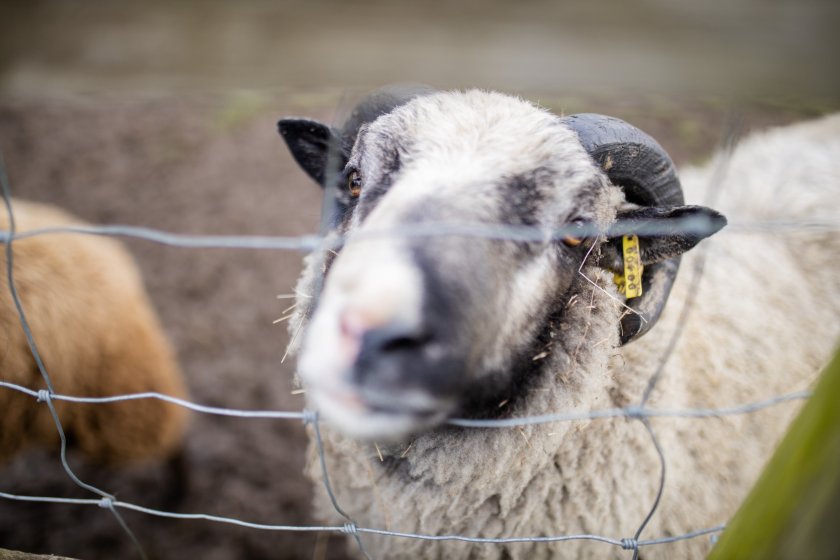
Bluetongue virus transmission is now possible in high-risk counties in England due to the recent increase in temperatures, experts warn.
With the warming weather, and average daily temperatures being consistently above 12°C, farmers are being urged to remain vigilant for bluetongue.
Due to the proximity to the areas of northern Europe, which are known to have been affected, the high-risk counties are Norfolk, Suffolk, Essex, Kent and East Sussex.
Chris Sanders, research fellow at the Pirbright Institute in Surrey, explains the reason why the temperature increase has a major bearing on the threat that the new strain of bluetongue, BTV-3, poses to UK livestock.
“With the warmer temperatures we’ve recently seen, we know that the activity of biting midges that spread the virus has increased," he said, adding that the development of bluetongue virus in midges also depends on the temperature.
He explained: “It is now warm enough that if a midge were to come into contact with BTV-3, local virus transmission between midges and ruminants in the UK would now be possible."
The extent of BTV-3 transmission in European countries and meteorological factors will determine whether infected biting midges will be blown over to the UK from northern Europe.
Monitoring this is the Animal and Plant Health Agency (APHA), the UK's Met Office and the Pirbright Institute.
Mr Sanders warned farmers to stay vigilant: “During this period of warmer weather, and with disease reported on the continent, we have to consider that the risk of BTV-3 being reintroduced to the UK will increase."
Last November, government vets identified the first case of the disease in Britain through the annual bluetongue surveillance programme.
The government recently set out its plans to minimise the impact of a likely outbreak of bluetongue as experts fear a surge in cases during the summer months.
There is currently no BTV-3 vaccine authorised or approved for use in the UK, however free testing is now available for animal keepers.
In the UK, bluetongue, including BTV-3, is a notifiable disease, so anyone suspecting the disease must take action and report it to APHA on 03000 200 301.
